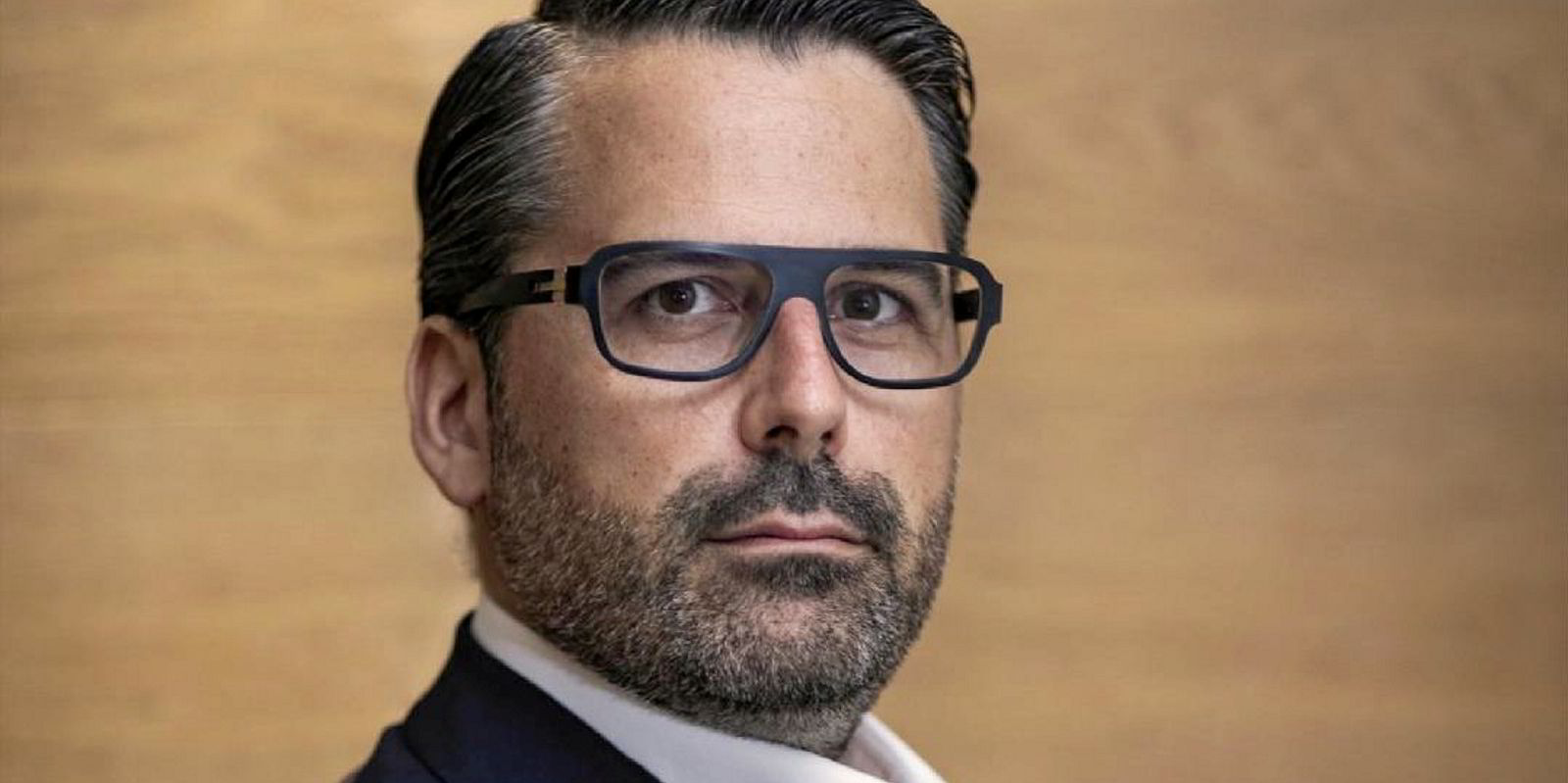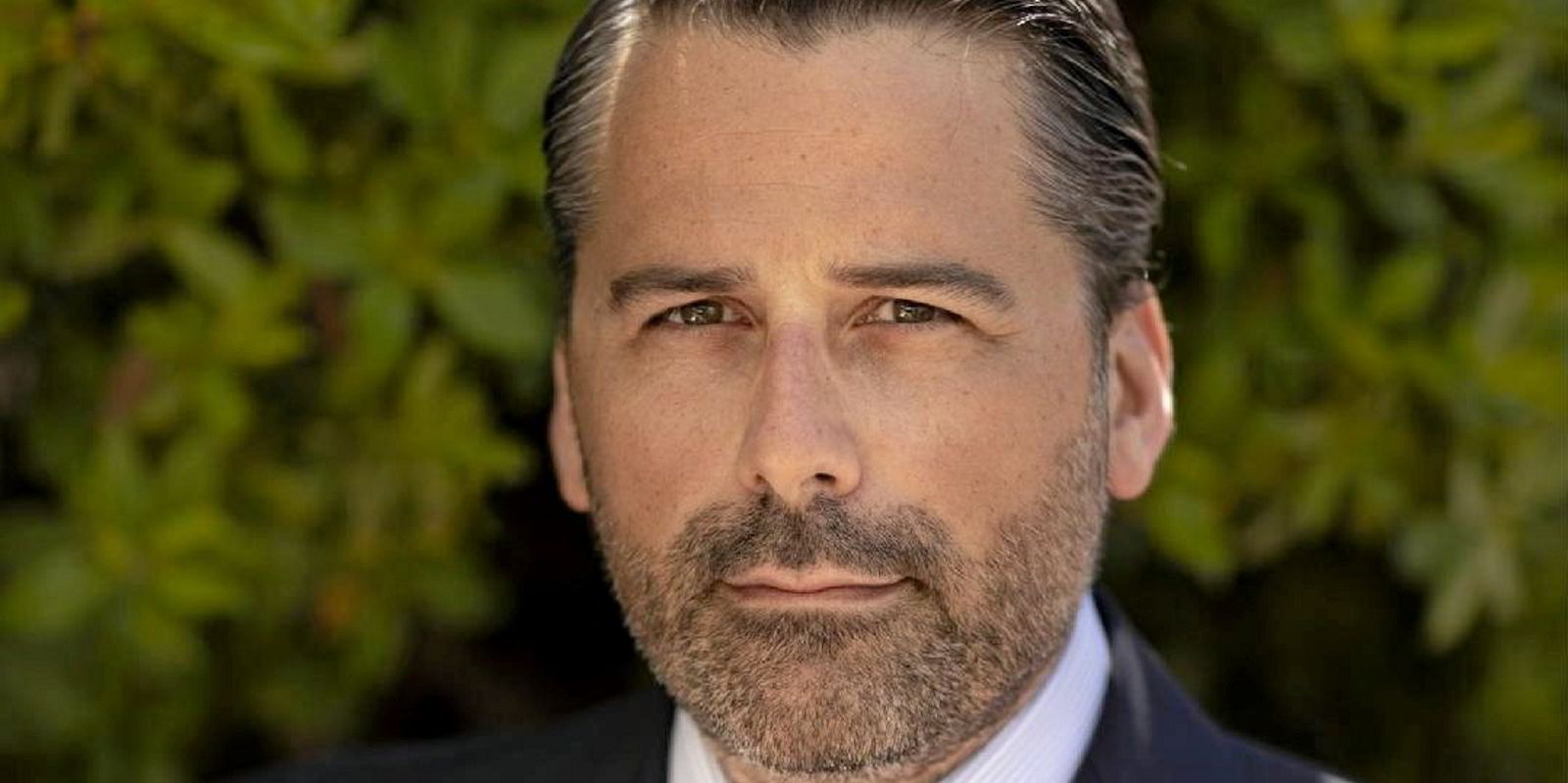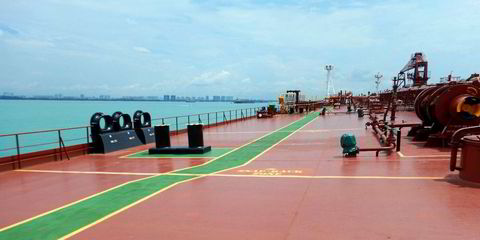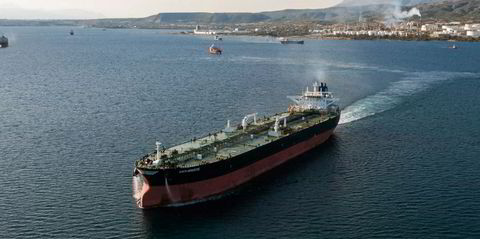Scorpio Tankers reported the largest quarterly profit in its history on Thursday as it predicted tonne-miles will go “through the roof” when the European Union embargo on Russian oil kicks in later this year.
Second-quarter earnings of $191m exceeded analyst expectations and compared with a loss of $52.8m in the same period last year.
Tight refining capacity and the global emergence from the pandemic contributed to its strong showing.
The Monaco and New York-headquartered tanker owner reported strong bookings for the third quarter, with 52% of LR2 days booked at an average of $50,000 time charter equivalent, compared with $36,000 in the second quarter.
Some 46% of MR vessels are also booked at $46,000, compared with $35,000 TCE revenue in the second quarter, it said. Expectations of a strong market over the next few years have allowed the company to fix nine product tankers on time charters of more than three years.
“In the second quarter, Scorpio Tankers generated its largest quarterly profit in the company’s history,” chief executive Emanuele Lauro said in an investor call.
“Our customers expect the current market conditions to be sustained, as evidenced by the increase in time charter rates, duration and activity — and we agree with our customers.”
Scorpio Tankers described its results as a confluence of events that have all benefited the product tanker market. Easing of Covid-19 restrictions increased personal mobility and demands for refined petroleum products.
It said record refining margins, combined with low inventories, have driven substantial increases in export volumes of refined products.
The third key factor is linked to the volatile prices connected to the conflict in Ukraine that has affected trade flows.
The product tanker giant said that disruptions from the Russian invasion of Ukraine have been limited so far, but a bigger impact is expected in the coming months.
The company, which has 114 product tankers, said tonne-mileage would be “supercharged” next year after the EU imposes its full embargo on Russian seaborne oil.
Russian product would flow to Africa, Asia and Latin America, while Europe needs to source its barrels from the US, Middle East, India and Asia. In every scenario, the oil would have to come from further away.
“So tonne-miles are going to go through the roof,” investors were told. “Every market out there, irrespective of Russia, is requesting and needs the oil and it’s being supplied further afield.”
The company struck deals to sell 18 vessels — three LR2s, 12 LR1s and three MRs — in the first half of the year as it reduces its debt from about 90% of fleet value to 60%, said analyst BTIG.
It said the company, with one of the world’s most modern and fuel-efficient fleets, is “well-positioned to benefit from the ongoing cyclical recovery in the product tanker market”.
Shares in Scorpio Tankers were trading 7% down on Thursday at $38.27.





